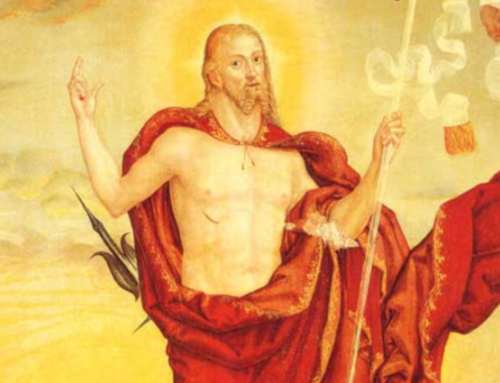 I have never given considerable thought to the institution of marriage. I’ve been married for 13 years, and the vast majority of my relatives and extended family have not suffered the pain of divorce. Consequently, I’ve probably taken a lot for granted.
I have never given considerable thought to the institution of marriage. I’ve been married for 13 years, and the vast majority of my relatives and extended family have not suffered the pain of divorce. Consequently, I’ve probably taken a lot for granted.
I am especially appreciative of Thomas Peters and his responses to my three questions regarding marriage, all of which I found quite strong.
As a historian and a play-at-home theologian, though, I have always considered marriage a pre-political issue. As an institution, as proven in the first three books of Genesis, it precedes the state. It has been, and it should be, superior to the institution of the state, the government, etc.
As such, I thought it would be worth going back and looking at the debates around the issue of marriage in the first half of the twentieth century, especially among Catholics (Anglo and Roman).
In that spirit, I pulled out a copy of Christopher Dawson’s shortest book, Christianity and Sex (London: Faber and Faber, 1930). T.S. Eliot, as a director of Faber and Faber, solicited Dawson—whom he considered the most important thinker of his age—to write on the ideological attack on marriage. As with all of Dawson’s works, Christianity and Sex is a stunning and insightful examination of the numerous menaces hovering above, below, around, and near the institution of marriage.
Books mentioned in this essay may be found in The Imaginative Conservative Bookstore.







Leave A Comment